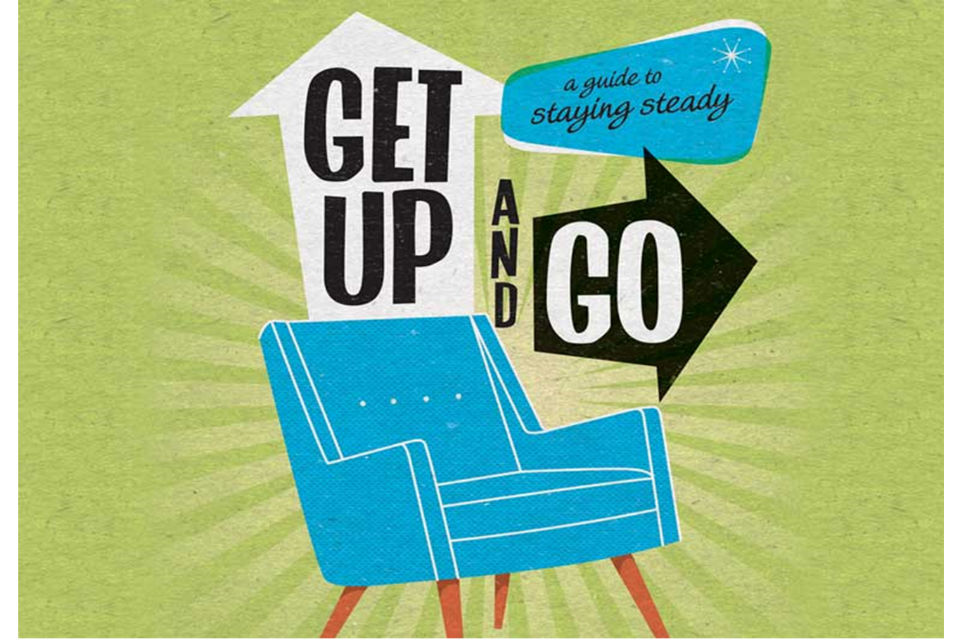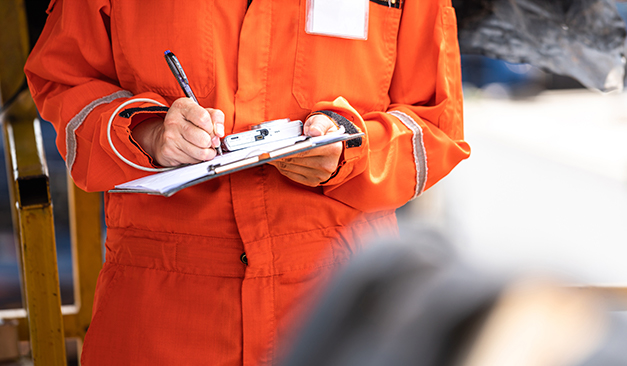The 4-Minute Rule for Dementia Fall Risk
The 4-Minute Rule for Dementia Fall Risk
Blog Article
Dementia Fall Risk Fundamentals Explained
Table of ContentsDementia Fall Risk Can Be Fun For Everyone9 Easy Facts About Dementia Fall Risk ExplainedThe Buzz on Dementia Fall RiskNot known Details About Dementia Fall Risk The Buzz on Dementia Fall Risk
In the community, insufficient road lights or unprotected creeks and landfills may likewise cause accidents. Loss Threat Evaluation Tool (FRAT) is a 4-item falls-risk screening device for sub-acute and residential care. The FRAT has three sections: drop risk standing, danger variable checklist, and activity plan. An Autumn Risk Condition includes data about history of current falls, drugs, mental and cognitive status of the person.If the patient ratings on a danger factor, the corresponding number of points are counted to the individual's loss risk score in the box to the much. If a patient's autumn risk score completes 5 or greater, the individual is at high risk for falls. If the individual ratings just four points or lower, they are still at some danger of dropping, and the registered nurse ought to use their ideal scientific assessment to handle all loss threat variables as component of a holistic care plan.
These typical methods, in general, help establish a safe atmosphere that lowers unintentional falls and marks core preventative actions for all people. Indicators are important for patients at threat for falls.
Indicators on Dementia Fall Risk You Should Know
Wristbands should consist of the person's last and initial name, day of birth, and NHS number in the UK. Just red shade must be made use of to signify unique patient status.
Things that are also much might call for the person to connect or ambulate unnecessarily and can possibly be a danger or contribute to falls. Helps stop the patient from heading out of bed with no assistance. Nurses react to fallers' telephone call lights quicker than they do to lights launched by non-fallers.
Aesthetic impairment can greatly create falls. Maintaining the beds closer to the flooring reduces the threat of falls and severe injury. Putting the cushion on the flooring significantly lowers autumn risk in some health care settings.
The Only Guide to Dementia Fall Risk
Clients that are tall and with weak leg muscle mass that try to sit on the bed from a standing placement are likely to drop onto the bed due to the fact that it's as well reduced for them to reduce themselves securely. If a tall client attempts to get up from a reduced bed without assistance, the individual is most likely to fall back down onto the bed or miss the bed and drop visit their website onto the floor.
They're developed to promote prompt rescue, not to stop falls from bed. Audible alarms can additionally advise the client not to obtain up alone. Using alarm systems can also be a replacement for physical restraints. Aside from bed alarm systems, increased guidance for risky individuals additionally might help stop drops.

Clients with a shuffling gait rise loss chances substantially. To reduce fall danger, footwear need to be with a little to no heel, thin soles with slip-resistant walk, and sustain the ankles. Recommend client to use nonskid socks to avoid the feet from sliding upon standing. However, urge people to put on appropriate, well-fitting shoesnot nonskid socks for ambulation.
Dementia Fall Risk Things To Know Before You Buy
Patients, specifically older grownups, have minimized visual capability. Lights a strange setting helps raise visibility if the person should rise at night. In a research study, homes with adequate illumination record fewer falls (Ramulu et al., 2021). Renovation in lights at home might decrease autumn prices in older adults (Dementia Fall Risk). Making use of gait belts by check it out all wellness treatment service providers can promote safety and security when assisting patients with transfers from bed to chair.

Sitters are reliable for assuring a safe and secure, secured, and safe atmosphere. Nevertheless, studies demonstrated really low-certainty proof that caretakers reduce autumn threat in acute treatment healthcare facilities and only moderate-certainty that choices like video tracking can decrease caretaker usage without raising fall risk, recommending that sitters are not as helpful as originally thought (Greely et al., 2020).
Examine This Report on Dementia Fall Risk

Enhanced physical conditioning minimizes the risk for drops and restricts injury that is received when autumn transpires. Land and water-based workout programs may be similarly valuable on balance and gait and consequently reduce the danger for falls. Water workout may add a positive advantage on balance and stride for women 65 years and older.
Chair Increase Workout is a straightforward sit-to-stand exercise that assists strengthen the muscular tissues in the thighs and buttocks and enhances mobility and freedom. The goal is to do Chair Increase workouts you could try these out without using hands as the customer becomes stronger. See sources section for a thorough instruction on just how to carry out Chair Rise workout.
Report this page